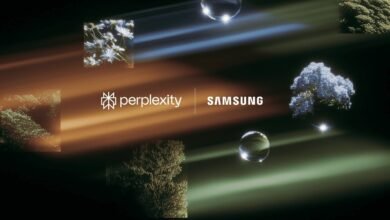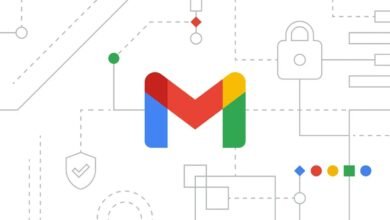OpenAI has announced the limited rollout of SearchGPT, a new AI-powered search engine designed to provide users with real-time, conversational search results. This development positions OpenAI as a formidable competitor to Google, the current titan of the search engine market. It is a curious space to be in, because on one hand it will be OpenAi competing with Microsoft’s Bing, which is currently powered by OpenAI’s GPT-4.
OpenAI says that SearchGPT is an innovative search engine that leverages OpenAI’s advanced generative AI models to deliver fast and accurate answers to user queries. Unlike traditional search engines, which often require multiple attempts to yield relevant results, SearchGPT aims to streamline the process by offering conversational responses along with clear, relevant source links. Google has been testing a similar strategy resulting in very bad suggestions including asking people to put glue on their pizza.
With SearchGPT, users will be able to ask follow-up questions in a natural, conversational manner, with the system maintaining context throughout the interaction.
SearchGPT Impact:
The announcement of SearchGPT had an immediate impact on the market, with reports of shares of Alphabet, Google’s parent company, declining by over 3%. This reaction underscores the significant threat that SearchGPT poses to Google’s dominance in the online search market. According to Statcounter, Google’s search market share dropped from 92.6% in June of the previous year to 91.1% this June, partly due to increased usage of Microsoft’s Bing.
OpenAI’s legal and ethical conundrum:
The launch of SearchGPT comes amid ongoing legal battles between OpenAI and several major news publishers. Organizations such as the New York Times and the Chicago Tribune have accused OpenAI of using their content without consent, alleging that the AI models were trained on their published work without compensation. These publishers argue that OpenAI’s practices amount to plagiarism and infringe upon their copyrights.
OpenAI, on the other hand, maintains that its use of copyrighted material falls under the doctrine of “fair use,” as the AI creates something new from the existing content. This legal contention mirrors similar issues faced by other tech giants like Google, whose AI-enabled search feature, AI Overviews, has also been criticised for potentially reducing traffic and advertising revenue for source sites. It is a weird position, if people can’t make money with their websites, there will be no websites to scrap data for AI summaries.
SearchGPT Partnering with Publishers:
In OpenAI’s press release, the company emphasises on a commitment to a thriving ecosystem of publishers and creators. OpenAI says it is partnering with publishers to offer them control over how their content appears in SearchGPT results. The company has established content licensing agreements with major organisations like the Associated Press, News Corp, and Axel Springer. These partnerships are intended to ensure that trusted sources are prominently featured and properly cited in search results, promoting high-quality content.
Prominent media executives have expressed support for this approach. Nicholas Thompson, CEO of The Atlantic, highlighted the importance of building AI search technology that values and protects journalism. Robert Thomson, Chief Executive of News Corp, emphasized the necessity of a symbiotic relationship between technology and content to maintain the integrity of information sources.
Future Directions and Integration
According to OpenAI’s press release, SearchGPT is a temporary prototype aimed at providing fast and accurate search results with clear source links. The tool is being tested with a small group of users and publishers to gather feedback. OpenAI plans to enhance the search experience in areas such as local information and commerce, integrating the most successful features into ChatGPT. This iterative approach aims to refine the tool and address any potential issues related to the use of copyrighted content and the accuracy of AI-generated responses. The company plans to eventually integrate the best features of SearchGPT directly into ChatGPT, rather than offering it as a standalone product.
OpenAI’s introduction of SearchGPT marks a significant milestone in the ongoing AI arms race within the tech industry. By combining the strengths of generative AI with real-time internet search, OpenAI is trying to provide a faster, more intuitive search experience that could reshape how users interact with online information – albeit with the risk of killing the internet as we know it.
Conclusion
The launch of SearchGPT represents OpenAI’s ambitious bid to challenge Google’s longstanding dominance in the search engine market. With its innovative approach to integrating AI into search, OpenAI is poised to offer a more conversational and efficient search experience – there are many ways to view the impact of such an approach. As the prototype undergoes testing and refinement, the tech world will be watching closely to see how SearchGPT evolves and impacts the broader search ecosystem. This move could herald a new era of AI-powered search, or a dead internet where small creators and small publishers don’t get a say.






